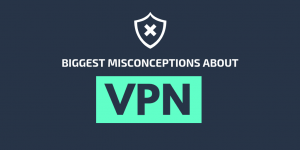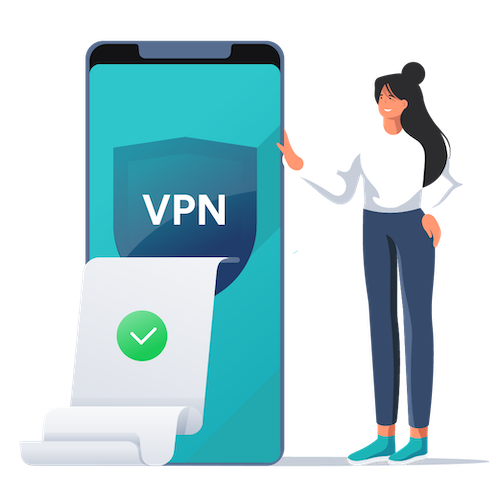This Article To Solve The Myth On 100% Anonymity with VPNs
“Before we can understand the real purpose of a virtual private network, we need to see how it works.”
VPN stands for a virtual private network, but what does the “virtual” part mean?


They use the term “virtual” because, unlike LAN (local area network), you don’t have to be physically present to connect to the network. There is no geographical restriction.
Many companies use it to give their employees secure access to the corporate network, which is often protected by a firewall.
In other words, it’s like you are at work but without the need to be physically there, which is precisely the definition of “virtual”.
In other words, it’s like you are at work but without the need to be physically there, which is precisely the definition of “virtual”.
VPNs operate through tunneling. Roughly speaking, tunneling helps to create a secure channel between your computer and other devices within the same network.
What VPN is NOT
While a VPN can be an extra layer of security, it’s not the ultimate shield for your security and privacy.
The problem is that they market it with technically wrong slogans, like “100% invisible”, “be anonymous”, or “hackers-proof”. Some VPN providers even declare their services allow for keeping governments and secret agencies away.
The VPN might hide the Internet activity from the ISP and gives you another IP address, but you use your real IP to connect to your VPN.
The Paradoxical Effect of Using a VPN
Never use your VPN connection as a security/privacy shield. In addition to the multiple VPN’s flaws, other powerful techniques, such as device fingerprinting, ultimately tie a device to a real identity and even a credit card.
a VPN hides the Internet activity from your ISP, but using a VPN may trigger suspicion as well, and VPN providers have limited ranges of IPs that are now easily recognizable.
You’d better use specific devices with dedicated operating systems and probably TOR to reroute your traffic randomly.
Conclusion
A VPN is an extra layer of security. They help in safer remote work, circumvent censorship, or any geographical restrictions, but they just cannot guarantee 100% privacy or anonymity.









